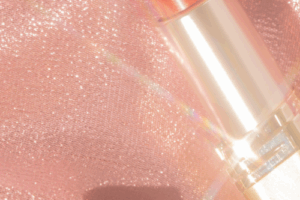


Here at That’s So Well, we are all about feeling good in our bodies. As an anxiety therapist for millennial women, it’s impossible to ignore our relationship with our body. I can’t tell you the amount of women who have sat across from me in the therapy room and talked negatively about their body. Safe to say body image issues haven’t gone anywhere.
So what are body image issues? Body image issues refer to the negative perceptions, thoughts, and feelings you have about your physical appearance. Negative body image often shows up as a preoccupation with how your body looks. This preoccupation often leads us down a shame spiral that can lead to negative self-esteem, anxiety, depression and impact overall wellbeing.
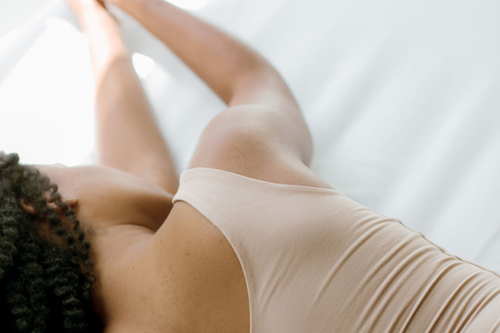
Negative body image can arise from a combination of factors, and each person’s experience with their body image is unique. As a licensed therapist specializing in working with millennial and gen z women, I have worked with a lot of women who have struggled with poor body image. Below I dive into some of the most common reasons body image issues start showing up.
Body image issues are complex and multifaceted. They can result from a combination of the above factors or even some that I didn’t list. Identifying what contributes to your body image issues is a great first step in learning to improve body image.
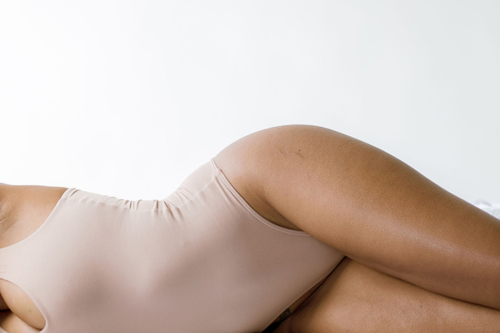
It’s important to note that body image issues can affect anyone. They often arise from a combination of societal influences, societal pressure, cultural norms, past experiences, and personality traits.
Addressing body image issues involves developing a healthy and realistic view of your body, promoting self-acceptance, and building self-esteem beyond physical appearance. Seeking support from friends, family, or mental health professionals can be beneficial for individuals working to improve their body image and overall well-being. Keep reading for some of my favorite strategies to improve body image.
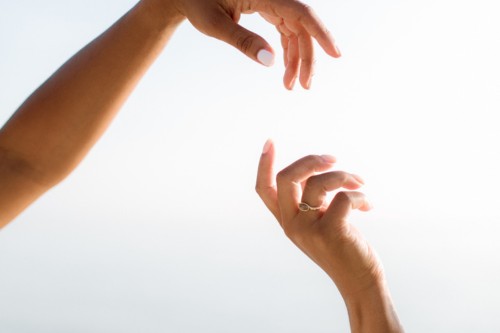
Accept that your body image issues are bringing up a bunch of uncomfortable emotions. Instead of trying to ignore those uncomfortable emotions, focus on creating space to name what you’re feeling and honor those feelings exactly as they are. I have a free eBook that can be really helpful for learning to name your feelings. When you notice that you are having a tough body image day, check in with yourself. Ask yourself how you are feeling. Notice if anything in particular triggered you. Then focus on practicing positive self talk with yourself. This might look like, “I’m noticing that I am experiencing a lot of body shame today, it’s ok to feel this way. What are some things I can do to help support myself through these difficult feelings?”
This one is easier said than done. It’s so hard not to fall into the comparison trap. I know it’s cliche but nothing good ever came from comparing yourself to someone else’s highlight reel. Body image concerns can pop up out of nowhere based on comparing ourselves to others.
When you notice yourself having negative thoughts about your body, challenge them. Ask yourself if these thoughts are based on facts or if they aren’t rooted in reality. The free eBook I mentioned above, also has a step by step guide with examples on how to reframe negative thoughts when they arise. While we may not be able to control our first thought, we can control our next thought.
For many of the women I work with, negative body image is perpetuated by negative thoughts and negative self-talk patterns. Once you start to challenge your negative thoughts and self-talk it’s important to focus on developing a new dialogue to replace it. Using positive self-talk is a great way to work on practicing self love. I’ve included a simple practice I love for this below:
Create a list of positive things that you can actually believe about yourself and your body and repeat them daily. For example, “My body is strong and capable,” or “I am learning to love and accept myself as as I am.” Repeating these affirmations can challenge negative self-talk and build self-esteem.
If certain media sources or social media accounts trigger negative feelings about your body, consider limiting your exposure to them. It can be also be helpful to do a social media purge and unfollow or mute any accounts that stir up negative emotions surrounding your body. Instead focus on curating a feed that has body-neutral or body-positive content and that makes you feel good about yourself.
Instead of fixating on how your body looks, shift your attention to what your body does for you on a daily basis. Some of my favorite body gratitude practices to get you started:
Breathing into gratitude for your body:
Close your eyes if that feels comfortable.Take a few slow deep breaths. Bring one hand to your heart and one hand to your belly. As you inhale, bring to your mind some nice things that your body does for you. If nothing comes to mind, get really specific. Thank your body for the blood that it pumps, thank your heart for beating, thank your lungs for breathing air into your entire body. Continue until you run out of things to be grateful for.
Body Gratitude Journaling:
Take a few minutes each day to write down three things you appreciate about your body. Take a moment to reflect on your body and its functions, strengths, and the different ways it supports you in daily life. As you bring these things to mind, start writing down the nice things you think about your body. Focus on the things you like and are thankful for. For example, you can write about your body’s ability to walk, run, and dance. The more specific you can be in this practice, the more things you will find to be grateful for in your body. Cultivating gratitude can shift your perspective towards self-acceptance.
Learning to appreciate your body for all of the amazing things it does for you, can really put things into perspective. This can be a simple practice to incorporate into your daily self-care routine to start improving your relationship with your body image.
Self-compassion is the practice of treating yourself with kindness, understanding, and acceptance, especially in moments of difficulty. For many people who struggle with negative body image, self-compassion can feel particularly challenging. Kristin Neff shares a ton of free self-compassion practices on her website if you’re interested in learning more about this.
Engaging in activities that you love is an amazing way to boost self-esteem. When you participate in activities that align with your strengths and interests, you gain a sense of self-confidence and belief in your abilities. As you start to build up your sense of self-worth in other areas of your life, you’re less likely to be hyper focused on body image.
Be aware of the unrealistic beauty standards perpetuated by society and media. Remind yourself that true beauty comes in many shapes and forms, and everyone is unique. take a long, hard, critical look at society’s messages about bodies Studies show that cultural influence in body image causes disorder in eating. Think of how you’ve heard a few of these messages daily: How to lose pandem weight, diet resets to lose X’ weight, and what’s the solution you have to remove the fat from your skin. I will be going on.
Starting a mindfulness practice can be a powerful tool in addressing body image concerns and promoting a healthier relationship with your body. Creating a mindfulness practice that you can do consistently can lead to increased awareness, reduced comparison and a multitude of other benefits. A couple of my favorite mindfulness practices for body image are:
Body Scan Meditation:
Find a quiet space and lie down comfortably. Close your eyes and bring your attention to each part of your body, starting from your toes and moving up to your head. As you scan through your body, notice without judgement any sensations, tightness, or feelings that arise. There are plenty of guided body scan meditations that you can find out there if you would prefer to listen to someone guide you through the practice.
Body Gratitude Journaling:
Take a few minutes each day to write down three things you appreciate about your body. Take a moment to reflect on your body and its functions, strengths, and the different ways it supports you in daily life. As you bring these things to mind, start writing down the nice things you think about your body. Focus on the things you like and are thankful for. For example, you can write about your body’s ability to walk, run, and dance. The more specific you can be in this practice, the more things you will find to be grateful for in your body. Cultivating gratitude can shift your perspective towards self-acceptance.
Talk to someone you trust about your feelings. This could be a friend, or family member. If your body image issues are significantly affecting your mental health, self-esteem, or daily life, consider seeking support from a mental health professional who can help guide you through the process of working through your negative body image.
Remember that building a positive body image takes time and consistent effort. Be patient and gentle with yourself as you work through these practices, and celebrate any progress you make along the way.
I offer online therapy to anyone living in the state of California. If you are sick and tired of struggling with negative body image and want to improve your relationship with yourself and others, I would love to help. You can schedule a FREE 15 minute intro call here.
If you don’t live in the state of California but are interested in getting help, I highly recommend reaching out to a mental health professional in your state. Thanks so much for taking the time to read this, I hope you found some of these strategies helpful.

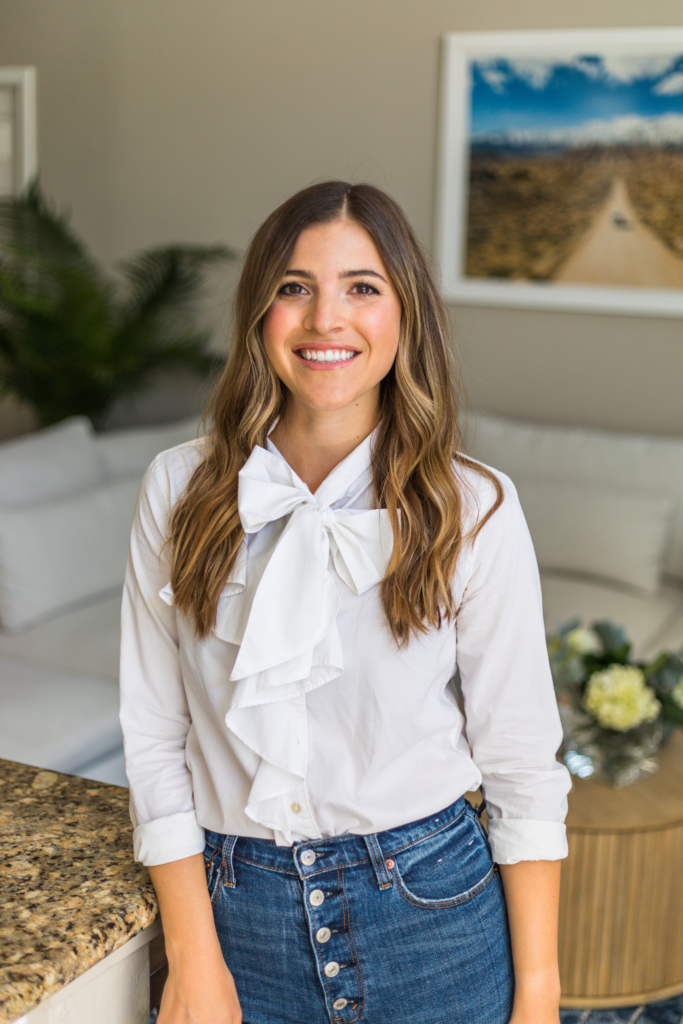

Holistic Therapist, Nutritional Therapy Practitioner and Yoga Instructor in Elk Grove, California.
© Copyright 2024 That’s so well. All Rights Reserved. LICENSED MARRIAGE AND FAMILY THERAPIST #107356. DISCLAIMER. PRIVACY PRACTICES. TERMS AND CONDITIONS. Website by Chloe Creative. 9727 Elk Grove Florin Road, Elk Grove Ca 95624